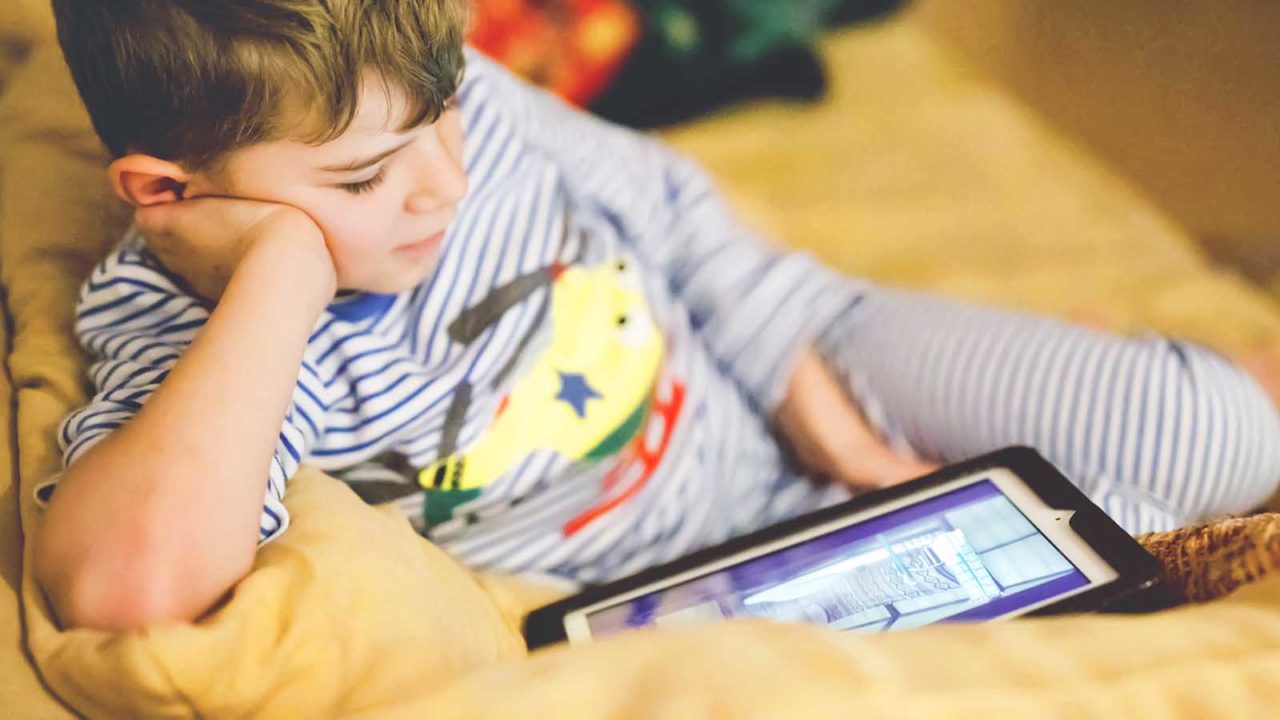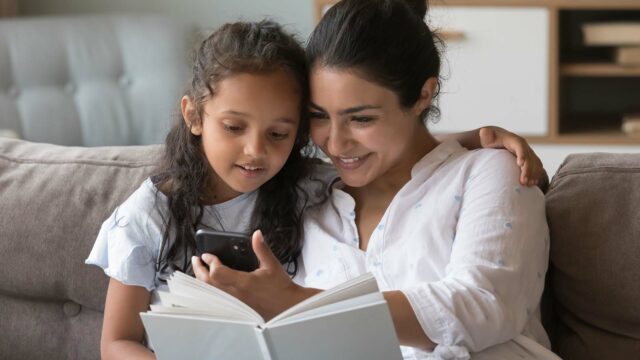
Norwegian Directorate of Health about children’s screen time
Many people contact "Barnevakten" about the screen time of the children. Now there have been recommendations from the Norwegian Directorate of Health.
Choose language in the Google-box below. Some translations may be flawed or inaccurate.
- Children under the age of two = no screen at all
- Two to five years = maximum one hour per day
- Children over the age of five = limit passive screen use
In short, these are the recommendations from the Norwegian Directorate of Health.
The reason for the advice is that children must not miss physical activity, for it is important both for the physical and mental health of the children. When the Norwegian Directorate of Health recommends not to use screens at all for children under the age of two, it is not about what is going on on the screen, but about ensuring that the children are enough active.
The World Health Organization (WHO) issued advice on physical activity and screen use in 2019. Now in 2022, the Norwegian Directorate of Health has largely copied that.
“The recommendations are in line with WHO’s recommendations. Children under the age of two do not need a screen, they need activity and stimulus through contact with people. For older children, the most important thing is that the screen does not steal all the leisure time and prevents natural amusement, development, and activity. No one disputes that the screens are important in everyday life and for digital competence for the workforces of the future. But one must find a sound balance for children who are growing up,” says Health Director Bjørn Guldvog in the press release.
The advice states: “Until the children are five years old, a maximum of one hour is recommended.” Is this hourly advice only intended for the child’s stay in kindergarten? Or is the hour meant to apply for the entire day? Acting Deputy Director-General Erlend Bø of the Norwegian Directorate of Health answers Barnevakten as follows:
– The use of screens in kindergartens is not specified in the recommendation. The recommendation is intended for a full day, but the limitations of screen time should not compromise the pedagogical use of digital teaching aids in kindergartens. Kindergartens should be aware of how they introduce screens to children and what habits are established. The use of a screen should not compromise sufficient playtime and physical activity for everyone in the kindergarten every day.
The advice from the Norwegian Directorate of Health is a somewhat Norwegianized version of the WHO’s recommendations. Barnevakten asked the Norwegian Directorate of Health to provide an example.
– One example where we Norwegianized the advice is that regarding advice for physical activities for Children 1-5 years of age, we have excluded advice on moderate and high intensity. This target group largely controls the intensity itself, acting Deputy Director-General Erlend Bø said.

– Barnevakten’s own surveys show that many parents want clearer advice from the authorities, so it is good that the Norwegian Directorate of Health now has come up with recommendations for screen time. We get a lot of inquiries about the topic of screen time. Parents must consider the screen time advice from the Norwegian Directorate of Health from day to day in the child’s life. If your child is ill and lying in bed, it is natural for screen time to increase. Also, remember that the screen is used for many purposes, for example, the child keeps social contact with many, and it is important for health. At the same time, physical activity is important, and it is possible to be physically active in front of a screen as well,» says Leif Gunnar Vestbøstad Vik, General Manager of Barnevakten.
On the website of the Norwegian Directorate of Health, you can read more about the recommendations.
For example, children aged 1-5 years should be engaged in physical activity for three hours each day. Physical activity is meant to participate in everyday activities such as walking the stairs, climbing in and out of a car, and playing freely.
The recommendations are based on WHO’s advice from 2019 and 2020 based on research. For instance:
- Increased physical activity among children as young as three reduces the risk of excessive increase in body weight and obesity, according to US health officials in 2018.
- There is also a positive correlation between regular physical activity among children under five and improved skeleton and heart.
- Physical activity is also associated with improved physical fitness, motor neuron and cognitive development, and good psychosocial health, according to the World Health Organization, 2019. Cognitive development is associated with learning, memory, attention, concentration, and the development of language.
Here is the news article from the Norwegian Directorate of Health
(Translated from Norwegian by Ratan Samadder)









